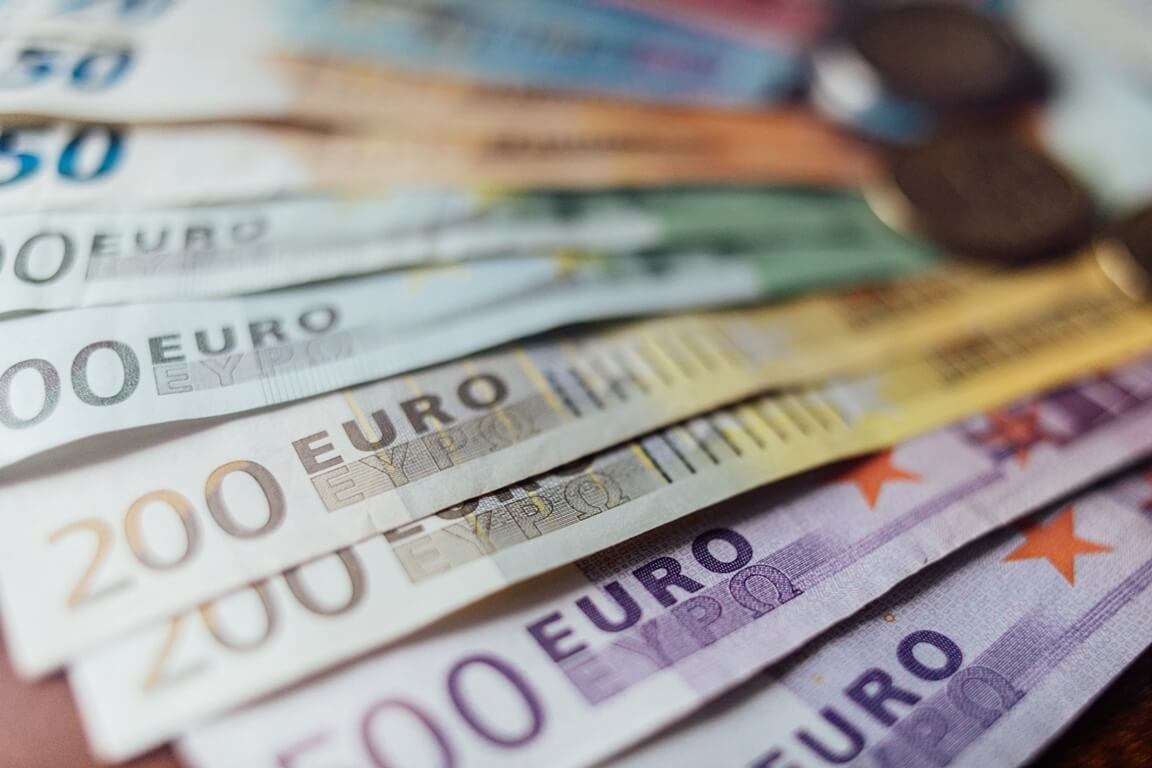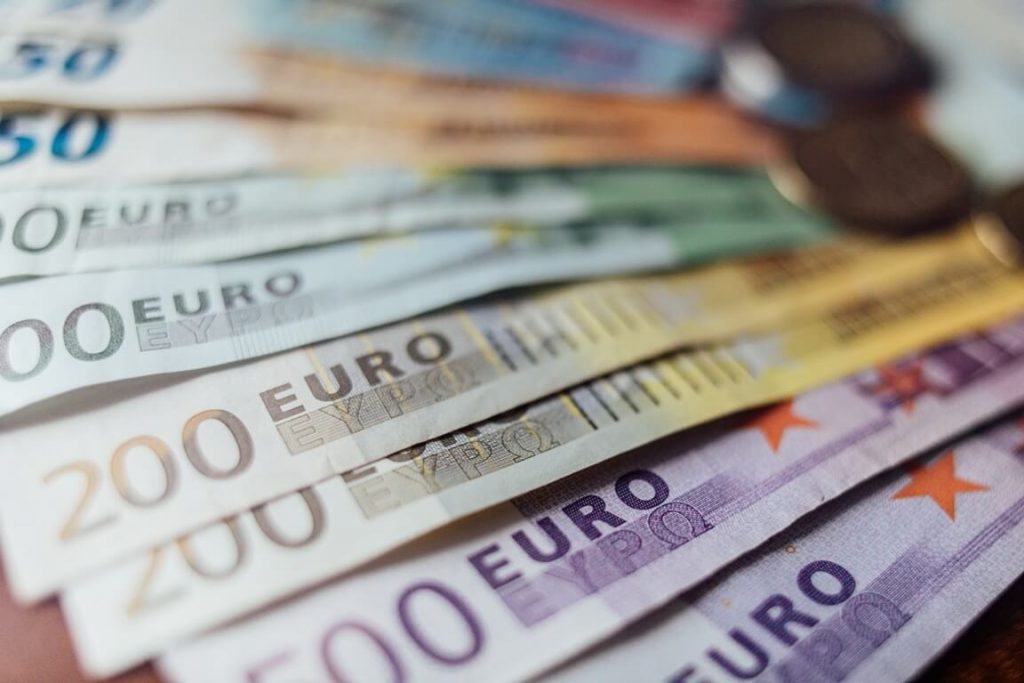
The U.S. dollar rebounded on Thursday. What about Euro?
The greenback firmed on Thursday, recovering some of the previous sessions’ losses. The dollar index jumped by 1.3% on the day to trade at 112.83, its highest level since October 21. The U.S. Federal Reserve hinted that it would likely hike U.S. interest rates higher than investors expected, boosting the currency.
On the other hand, the British Pound tumbled down today. Even though the Bank of England increased its rates, it also warned markets to expect a very challenging outlook. The BoE raised rates to 3% from 2.25%. This is its largest single hike since 1989. The country is fighting with a slowing economy and soaring inflation.
According to the central bank, inflation might skyrocket to a 40-year peak of approximately 11% during this quarter. Despite that, it decided to avoid further steep rate hikes for now. The BoE stated that Britain had already entered an economic recession. The latter could potentially last whole two years. That’s longer than the 2008-09 financial crisis.
The Sterling initially plummeted by as much as 1.7% against the greenback due to this news. It also declined against the euro before rebounding slightly. Jane Foley, the head of FX strategy at Rabobank, noted that the pound has been dropping against the rallying dollar all morning. However, notably, it has plunged versus the common currency also after the BoE’s announcement.
Foley also added that two members of the MPC are unwilling to endorse the 75-bps rate increase this month. Considering the likelihood that the British economy will already be in recession the next time the bank meets, the prospects of another 75-bps rate rise from the BoE could seem to be too difficult a step.
What is the Fed planning?
On Wednesday, the U.S. Federal Reserve lifted its interest rate by 75 basis points to 3.75-4%, as traders widely expected. The greenback initially dropped as the agency hinted at smaller hikes ahead. However, the currency soon rebounded thanks to Chair Jerome Powell’s statement. The latter said the battle against soaring inflation would require higher borrowing costs.
Market participants thought the central bank would soon shift to a less aggressive policy stance, but Powell dashed such expectations, boosting the greenback to a two-week peak against the euro. The USD/EUR pair exchanged hands at $0.973 at last.
Credit Agricole head of G10 FX strategy Valentin Marinov stated that after the Fed’s announcement, the forex price action follows the so-called “dollar smile” – this is the framework postulating that the greenback should find support whenever the Federal Reserve’s actions fuel risk aversion or whenever the agency is leading the central bank charge against global inflation.
Meanwhile, the Japanese yen shaved off 0.2% versus the dollar. It exchanged hands at 148.24 at last. Investors are watching for signs of any further intervention from the Japanese government to support its battered currency.
According to the reports, the country spent a record $42.8 billion last month to boost the yen via a series of unannounced purchases after spending nearly $20 billion in September.
What about the EM currencies?
Emerging Asian currencies also ended in the red on Thursday as the U.S. dollar weighed on them. The Philippine Peso dropped by 0.8%, while the South Korean won plummeted by 0.5%. The Indonesian rupiah also declined by 0.2%.
Moreover, the Malaysian ringgit collapsed to its lowest level in over two decades. It lost 0.2% during the last session. Bank Negara Malaysia, the country’s central bank, hiked interest rates by 25 basis points (bps) for the fourth consecutive meeting. It’s trying to stop skyrocketing inflation.
According to Christopher Wong, currency strategist at OCBC, the ringgit will likely continue declining. A sharp drop in the Chinese yuan, the rallying dollar, and higher U.S. rates, combined with election uncertainties and a slower BNM tightening cycle, could continue to keep the currency pressured in the coming days.
On Thursday, stocks decreased in the region, as well, with Powell’s comments obliterating the rising optimism about the smaller rate hikes in the coming months. Consequently, the Philippines equity markets suffered the most, plunging by 1.4%. In Singapore, shares tumbled by 2%, with stocks losing 0.2% in Thailand and 1.8% in Malaysia.
The Philippine central bank hinted that it aims to deliver a 75-bps rate increase later this month. UOB analysts expect the bank to reiterate the Fed’s decisions until the first quarter of 2023.


